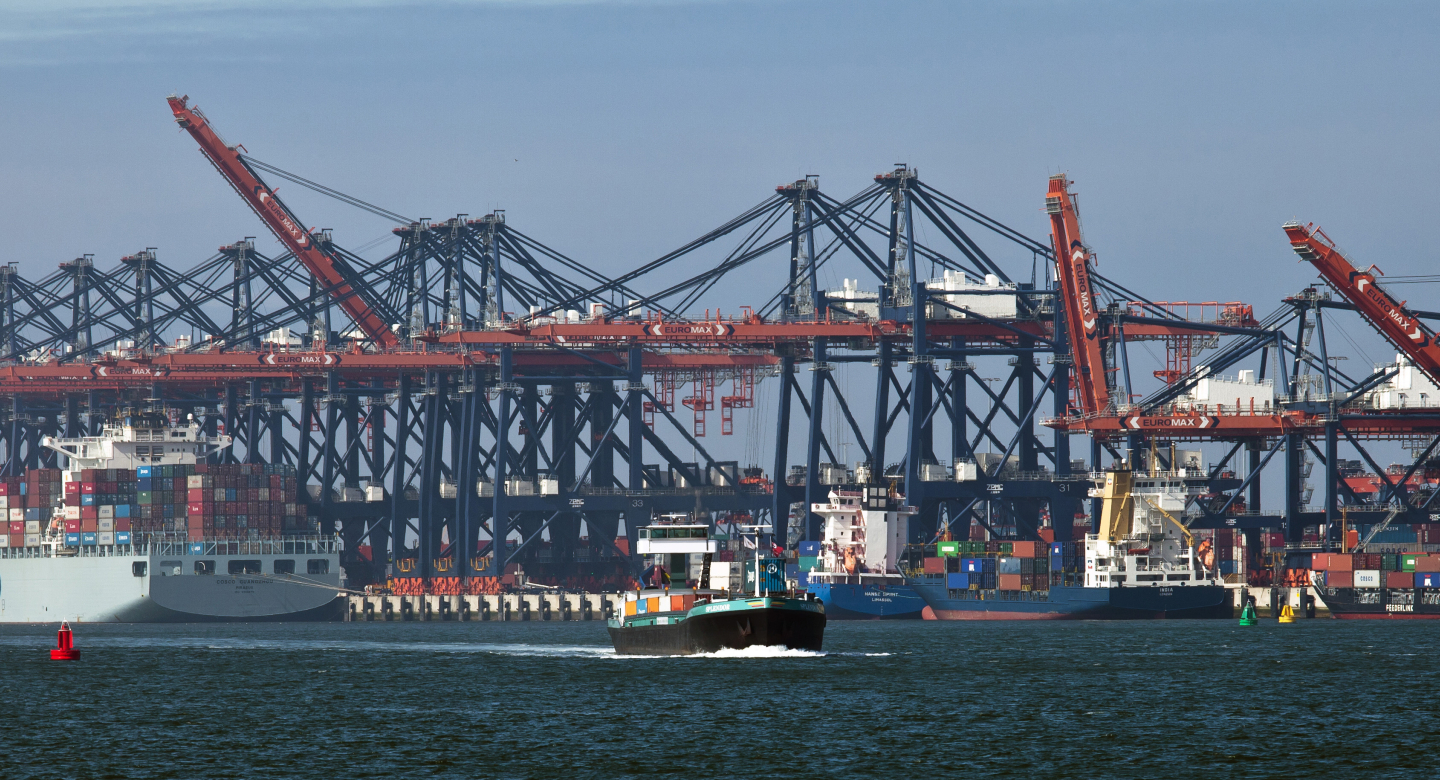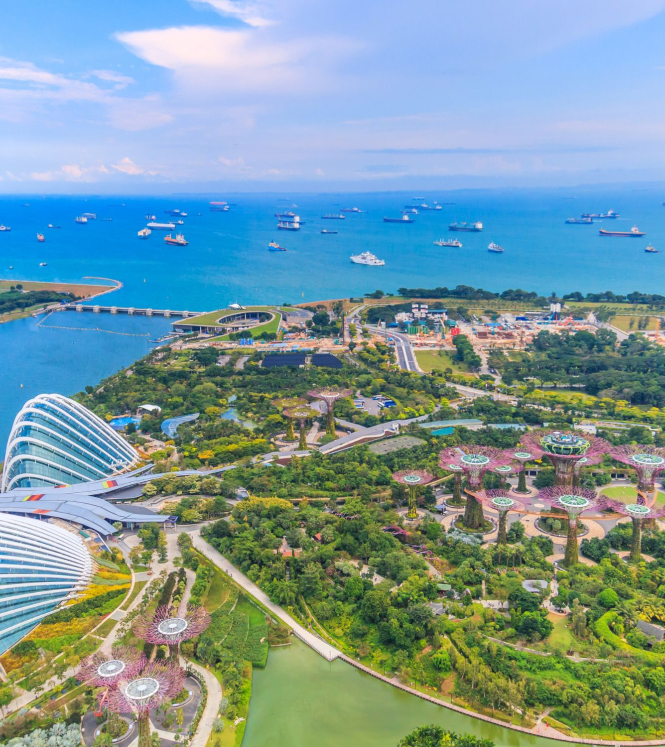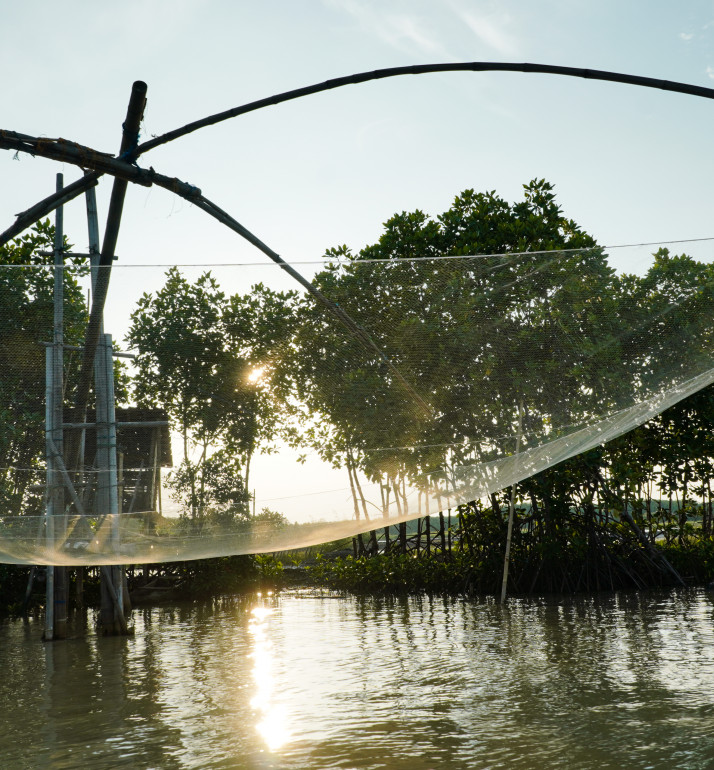

Navigating towards a sustainable maritime future
Sustainability in shipbuilding is one of the foundations of the Netherlands’ innovation agenda. With a long-standing maritime tradition and a forward-looking approach, the Dutch maritime sector is striving to transform the way ships are built. Making them cleaner, smarter, and more environmentally responsible.
The Shipyard of the Future
At the heart of this transformation is the Shipyard of the Future, or as we say it in Dutch ‘’de werf van de toekomst’’. This flagship initiative forms a key pillar of the Netherlands’ maritime manufacturing sector agenda. It aims to modernise the shipbuilding industry by integrating cutting-edge technologies and sustainable practices throughout the production chain.
The programme has an integrated approach that not only enhances sustainability but also strengthens the Dutch maritime sector. It focuses on five core themes:
Digitalisation
Leveraging data and smart software to improve efficiency and design precision.
Modular design
Standardising ship components to accelerate construction and reduce waste.
Circular processes
Designing for reuse and recycling, extending the lifecycle of materials.
Robotisation
Automating repetitive tasks to improve consistency and reduce labour intensity.
Efficient supply chains
Streamlining logistics and sourcing to cut costs and carbon emissions.
The groundbreaking projects
Several groundbreaking projects have already emerged under the Shipyard of the Future programme, primarily led by the Netherlands but often involving international collaboration. These initiatives demonstrate how innovation is being translated into practical results.
The STREAM Project is a prime example. As one of the successful ventures aimed at reshaping the production process of complex steel structures in shipbuilding, STREAM introduces automation and standardisation, resulting in significant cost and energy savings.
Equally impressive is the robotised micro-panel factory, a pioneering facility where small-scale, precision ship components are manufactured with high levels of automation and minimal waste.
The digital twin project at Slob Shipyard stands out as a notably international effort. This project involves creating a fully digital replica of ship systems, enabling real-time monitoring, predictive maintenance, and enhanced lifecycle management. Recently, the project expanded to include four major Japanese maritime companies, Kawasaki Kisen Kaisha (K Line), Kyokuyo Shipyard Corporation, Mitsui E&S Shipbuilding, and Sumitomo Heavy Industries Marine & Engineering highlighting its growing global reach and collaborative spirit.
To top it off, another proud achievement is the FieldLab Shipbuilding 4.0, part of an international network of FieldLabs fostering collaboration and knowledge sharing across borders. While the Dutch FieldLab specialises in shipbuilding, it connects with international counterparts, such as Finland’s Tampere University of Applied Sciences, sharing expertise in areas like 3D printing to drive industry 4.0 technologies forward.
Navigating together
The innovations taking place in the Netherlands represent a valuable step forward, but lasting progress will come through shared knowledge, international partnerships, and open collaboration across the maritime world.
As the industry collectively moves towards decarbonisation, circular production, and digital transformation, the Netherlands wants to contribute not just with technology, but through cooperation. Building sustainable ships and shipyards requires strong relationships between shipbuilders, suppliers, governments, and research institutions across borders.
By working together, we can accelerate innovation, avoid duplication of effort, and ensure that sustainable maritime practices become the global norm not the exception. The seas connect us all. It is only fitting that we chart a sustainable course forward, together.




